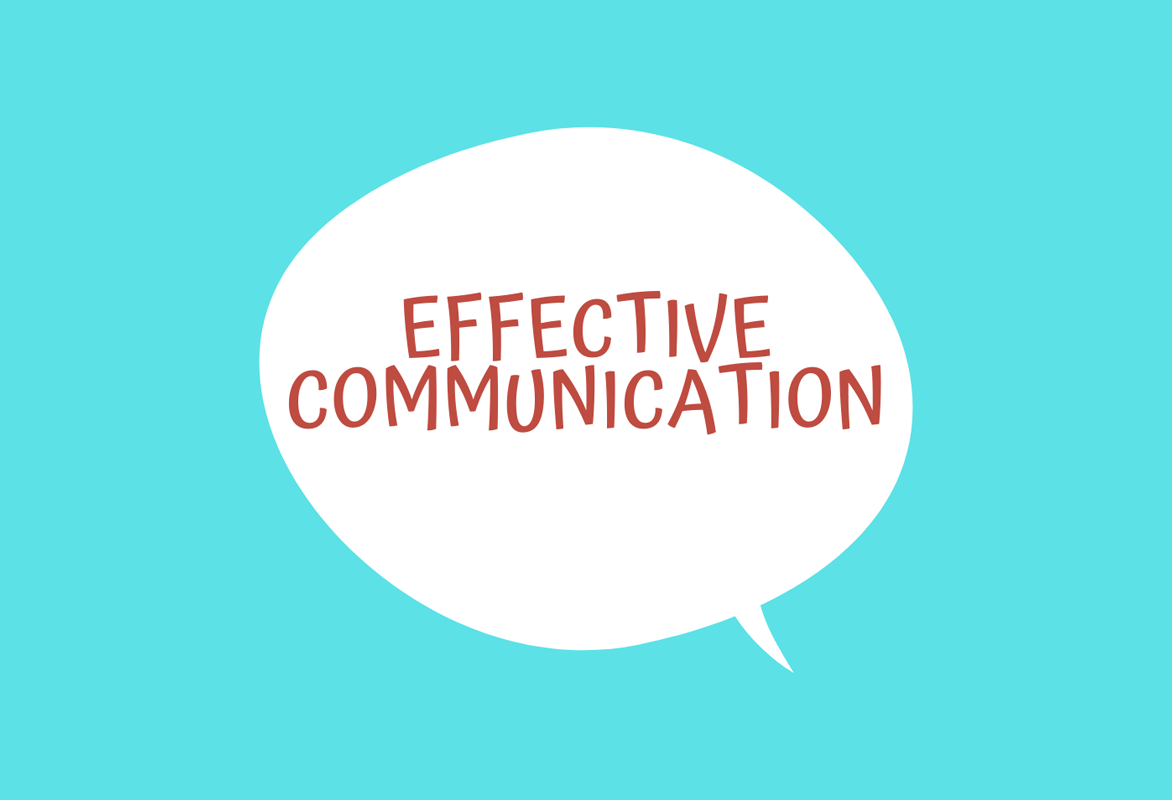 Amber, a young professional at a recent workshop, asks…
Amber, a young professional at a recent workshop, asks…
“I spend a lot of my time and energy trying to build my ‘toolkit’, gaining experience and knowledge in as many different areas as possible. I hear many emerging leaders say they sometimes feel like we are stretched an inch deep and a mile wide. Are we more marketable as experts in one area or being well-rounded. What is the best career path?”
Amber, it depends. In fact it changes over the course of a career. For example:
Generalist
In the beginning of one’s career you’re asked to do everything (your job title could be program associate or junior engineer). When you start out it’s important to understand all the different areas so you can decide where you best fit. It also builds your network within the company which will be crucial in developing your career.
Specialist
Mid career you’re asked to specialize. The organization needs people who have or will develop an expertise in specific areas (finance, human resources, marketing, fund raising, etc.) Specialization leads to expertise, which means you are building a portfolio of functional knowledge and competency. Therefore, a career option is to move up the ladder in your area of expertise.
Back to a Generalist
When you are promoted to a senior leader you have to be a generalist again. You need to keep tabs on everything from budgets to leadership development to media relations, etc. What’s important at this level is to know the big picture, to be able to connect the dots, to see the interdependency between the different functional areas or departments. You have to move from your functional head into a strategic perspective – where is the company going and how should we get there?
Bottom Line: Your Career Goals
At any given point in your career, you have to ask yourself where you want to eventually end up and which next step is most likely to get you there. Perhaps you need to stay in your functional area to gain greater depth before moving on. Or make a lateral move to another division to build a broader knowledge of the company’s operations. In reality, there’s no one best career path. It depends.
Readers, what do you think? Let me know of your career experience as being a specialist or generalist or both.
Do you want to develop Career Smarts?
- For more resources, see the Library topic Career Management.
- Start with the Career Success System.
- Sign up for Career Power: 101 success tips.
- Fast track your career. Be part of a Success Team.
- Need a speaker? Get the Edge Keynotes-webinars-workshops.
- Find career and leadership boosters in the Smart Moves Blog.
- Copyright © 2010 Marcia Zidle career and leadership coach.

















